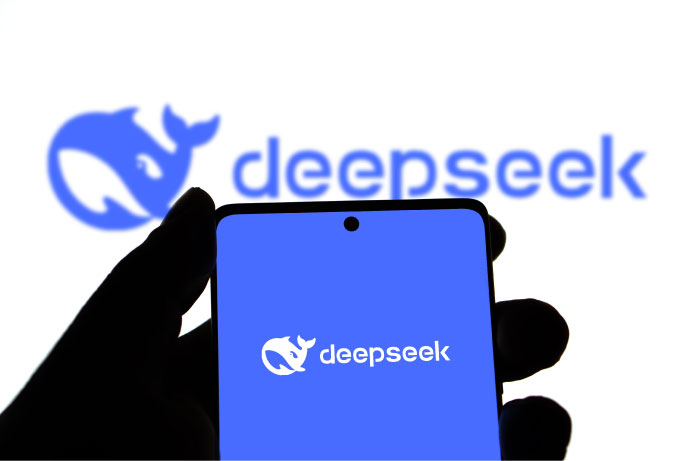I’ll start this article with a story that, if you don’t know it yet, you need to learn about: a famous clothing brand adopted a creative strategy to win over a supermodel and get free publicity. With boldness and immense confidence, they chose to gift the supermodel’s circle of friends ultra-trendy, who saw their friends wearing the pieces, praising everything, while she was left out. Fearful of not being part of the “in-crowd,” this supermodel reached out to the brand, asked to receive the items, and spontaneously posted about them on her social media. Result? The brand became a worldwide success. What this supermodel felt is something we’ve all – especially marketing professionals – experienced at least once: FOMO, the famous “fear of missing out.”
This analogy brought me to another question. Given the AI race, aren’t we falling victim to this same syndrome? DeepSeek was officially launched, and in less than a day, we were all immersed in a frantic search for information, discussing everything from technical aspects, like the costs of developing technologies in China compared to other countries, to broader questions, such as the massive volume of data in the Asian country, making it a superpower. Concerns about security due to it being Chinese technology and detailed comparisons with ChatGPT and other existing AIs on the market also came up.
Given the astronomical figures and the technological race, it’s natural for industry giants to battle for leadership in this digital revolution. Part of the valuation strategy is to launch their innovations amid the noise, accompanied by a flood of information, comparisons, impressive results, and exorbitant numbers. But what about us, marketing professionals? Do we need to keep up with this frenzy at the same intensity?
The launch of DeepSeek and the subsequent bombardment of information reinforce the feeling that we are, indeed, victims of FOMO. Excessive connectivity and the constant need to stay updated on every novelty can be harmful, limiting our time, creativity, and even affecting our emotional well-being. Meta itself has admitted that excessive technology consumption is not advisable and encouraged its social media users to disconnect and live more in the real world.
The AI race strongly resembles the internet bubble of the 2000s. Back then, everything seemed golden: billions circulated, Google, PayPal, YouTube, and numerous startups emerged, peaking in Silicon Valley. Many theories arose, like predictions that machines would dominate the world and replace most human labor. Coincidentally or not, this AI cycle emerges exactly 20 years after the “digital boom,” signaling another revolution in the market and the two-decade cycle.
Given this scenario, the big question for marketing professionals is whether it’s worth joining this frenzied race or if it’s more strategic to adapt to changes with more balance. FOMO syndrome can push us to act, but it can also blind us to what truly matters. Amid the avalanche of information, the real advantage lies in filtering what’s relevant, understanding what actually impacts our work, and adopting innovations consciously. After all, it’s not about consuming everything, but rather knowing how to choose what truly makes sense for our strategy and our time. Dive into the novelties, but with wisdom!


